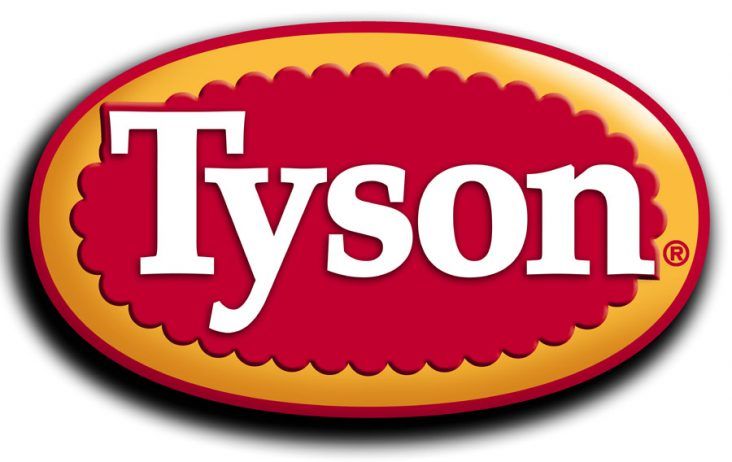Tyson Foods to launch a $16 million marketing push in China, also recalls chicken wing batch
by November 17, 2015 1:27 pm 774 views

Execs with Springdale-based Tyson Foods have said they are willing to be patient with a Chinese market hit hard by bird flu and other food safety scares that have weakened poultry demand for the past two years. That patience may be waning.
A recent report from China Daily suggests that the meat giant plans to pump $16 million into marketing its brand to Chinese consumers next year. This past summer Tyson said the company had developed 22 new frozen-food items specifically for higher-income Chinese consumers.
This strategy reportedly includes focusing on a growing e-commerce customer in urban areas such as Shanghai. Tyson Foods has been focused in recent years on building out its vertically integrated poultry system inside China. It’s been a slow and costly venture given Chinese consumers have largely steered clear of chicken purchases.
Tyson Foods CEO Donnie Smith has said repeatedly that the company is “sitting on red” and ready to roll with more poultry production once there is sufficient demand to support it. Now it looks as if Tyson will go after more retail sales via e-commerce.
“There is a whole set of consumers who are mainly, if not only, doing their shopping online. So if we’re not there, we are going to miss a major segment of the population,” Bill Mayer, vice president and general manager of Tyson China, recently told China Daily.
Mayer also said apart from all the wholesaling to Kentucky Fried Chicken and industrial distribution channels, Tyson is now attaching more importance to e-commerce and other retailing channels. He said Tyson China will strengthen cooperation with leading China-based e-retailers such as Yihoadian, which is owned by Wal-Mart Stores Inc. and is also Tyson Foods’ largest customer.
Mayer said the plan to sell more products at retail complements the company’s overall plans to move from wholesale sales to higher-margin retail sales.
The majority of Tyson’s poultry business in China has focused on “freshness,” but now with more demand around convenience, Mayer said Tyson sees potential in promoting more ready-to-eat products which garner higher margins than raw commodity chicken.
Mayer said the plans are to expand Tyson’s frozen-foods range in areas where it makes logistical, economical and cultural sense. Wal-Mart Global e-Commerce, which operates Yihoadian in China, has said they are seeing more consumers purchasing food products online. Nielsen pegs online grocery with a 38% penetration rate of consumers, noting that vegetables and seafood are the items purchased most often.
Talk Business & Politics reached out to Tyson Foods for comment, but the company officials did not respond. Tyson Foods is in its 60-day quiet period as it will report earnings on Monday (Nov. 23).
Also, the company on Tuesday announced a recall of more than 52,000 pounds of chicken processed in Pine Bluff. The company voluntarily recalled 52,486 pounds of chicken wings under the frozen “Any’tizer” brand processed in its Pine Bluff facility, according to U.S. Department of Agriculture. The recall relates to an “off odor” and mild illness also associated with the consumption of this product, according to the Food Safety and Inspection Service of the USDA.
Tyson officials discovered the problem after receiving consumer complaints about Tyson Any’tizers having an unusual odor. The fully cooked buffalo-style chicken wings were produced on Oct. 24 and Oct. 25 and bear the number “P-13456” inside the USDA mark of inspection as well as on the back of the bag above the heating instructions.
The affected products include 28 ounce. retail bags containing multiple pieces of “Tyson Any’tizers Fully Cooked Hot Wings” that are coated with sauce. The packaging bears the use by/sell dates of Oct. 24, 2016 and Oct. 25, 2016 with the following codes:
• Packaging dates 2975PBF0508-23/2985PBF0500-01
• Case codes 2975PBF0508-23/2985PBF0500-01
The products were shipped to retail stores nationwide.
